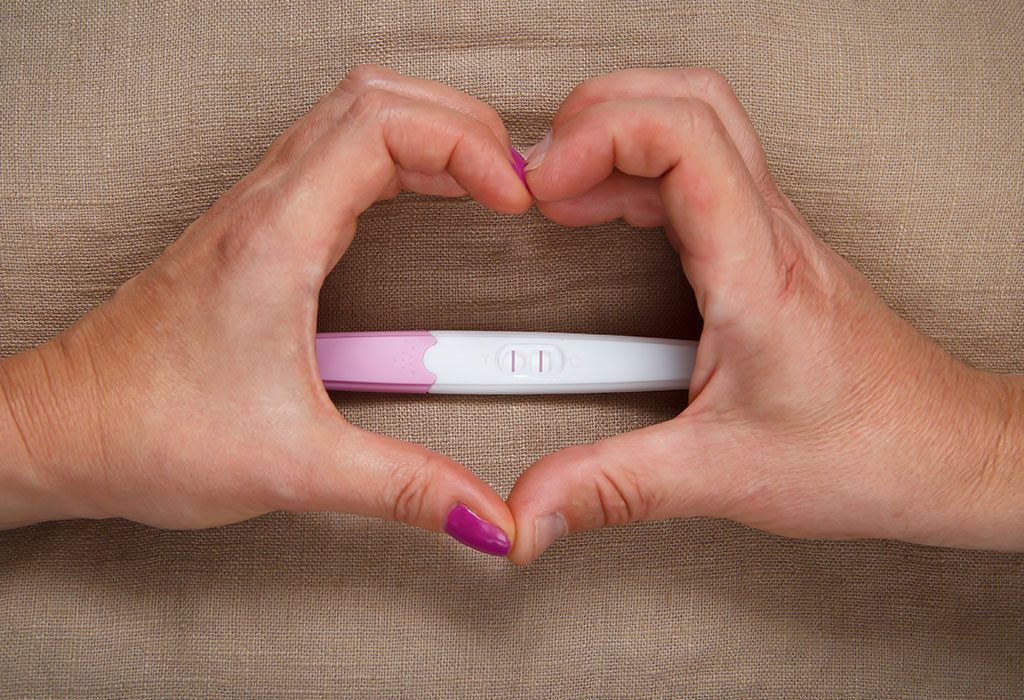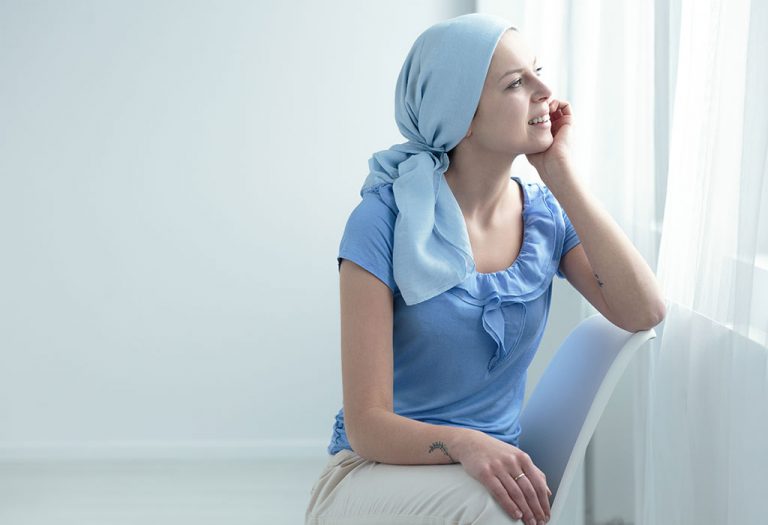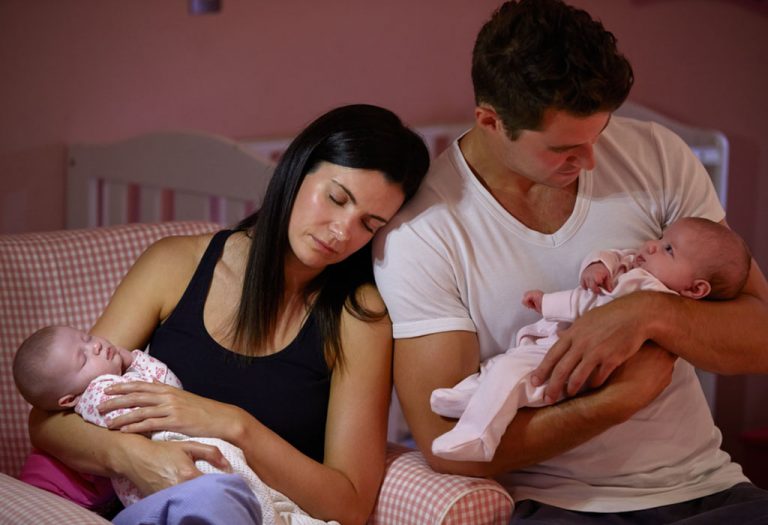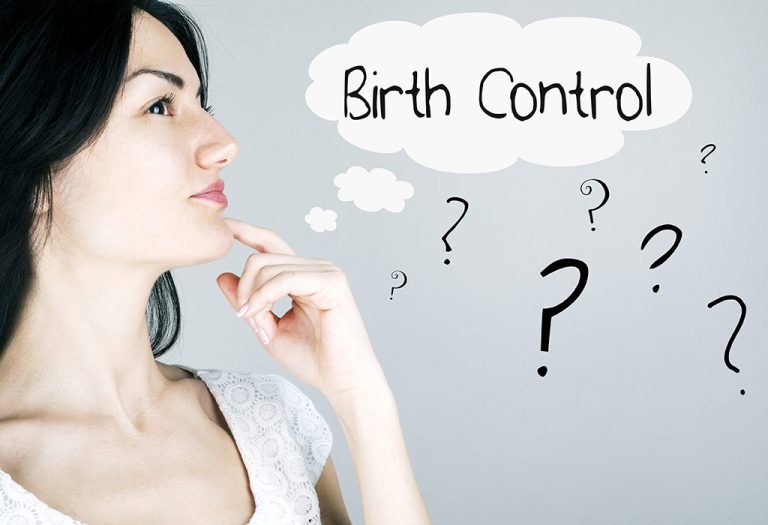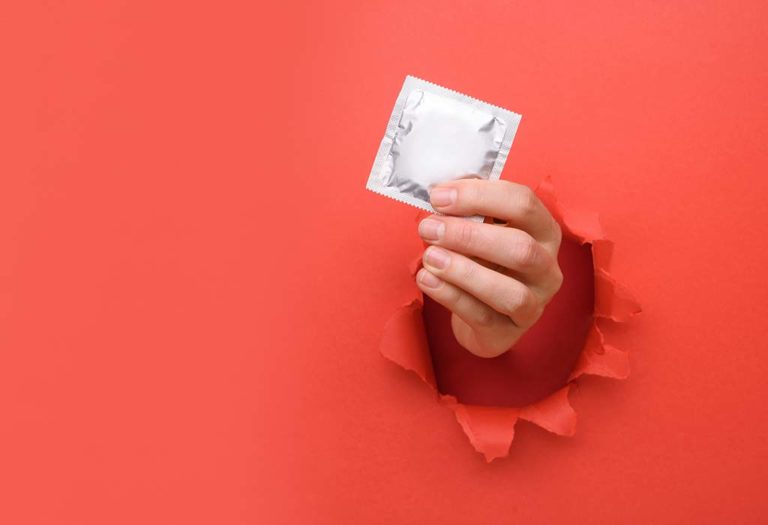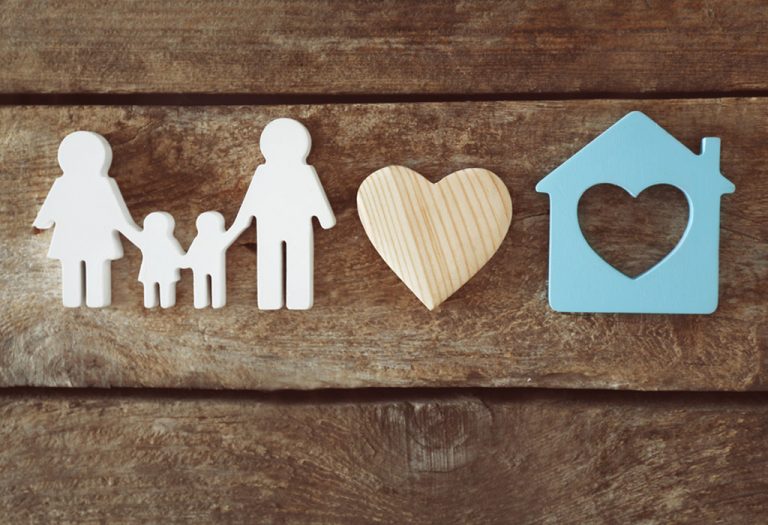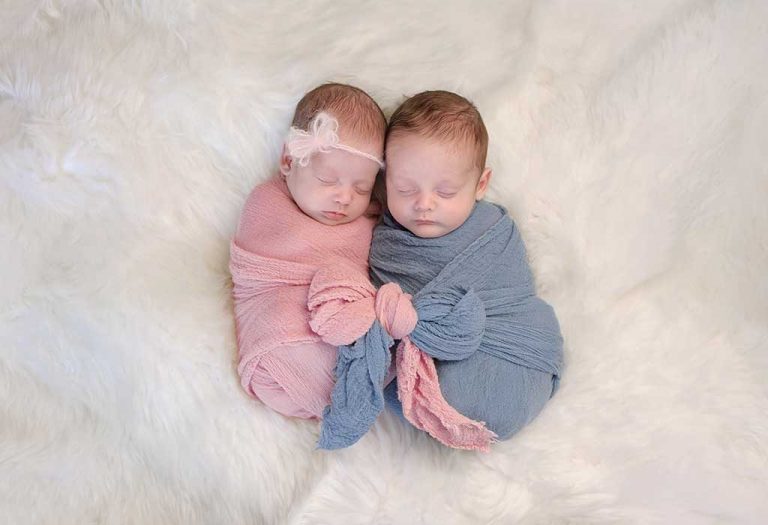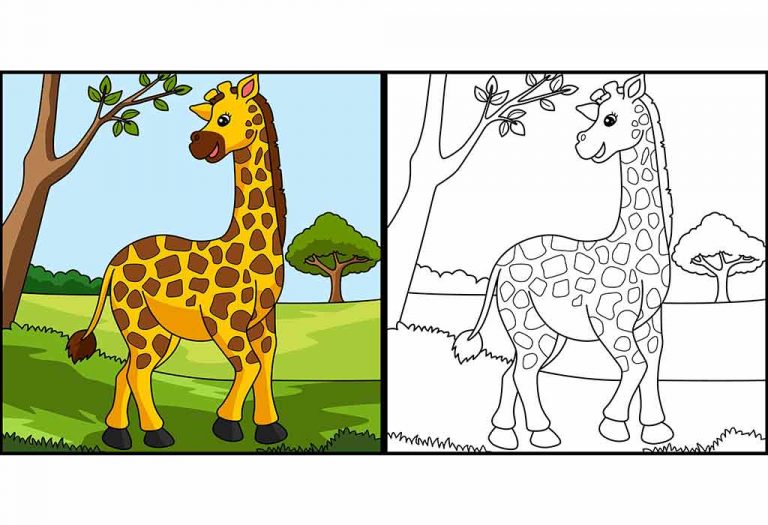Things You Must Know About Getting Pregnant in Your 30s

Many women consider that 30s is the right time to get pregnant because they have settled in their career, have financial stability, and are wise enough to deal with the challenges of motherhood. And thanks to increased financial independence, job security, and late marriages, women are considering having children later rather than earlier nowadays. However, the chances of getting pregnant after turning 30 begin to reduce due to biological changes. If you have been thinking about delaying your pregnancy, you may want to consider the pros and cons, and only then make a decision. In this article, we have tried to address all the possible concerns you would have about getting pregnant in your 30s. Read on to know more.
Video: Things to Consider While Trying to Conceive in Your 30s
Chances of Getting Pregnant in Your 30s
A woman’s chances of successful pregnancy after the age of 30 (30-34) are as high as 86%. But on the downside, the risk of miscarriage also rises to 20%. In most cases, couples don’t need fertility treatment in their early 30s. But, doctors suggest that a woman should still visit a gynaecologist for a check-up when planning for a baby.
If you plan to get pregnant in your late 30s, you should know that the chances of pregnancy during the late 30s (35-39) are considerably high, but still lower than those in their early 30s. Research suggests that about 78% of women in the late 30s conceive, particularly if they are under 37. However, the risks of miscarriage, Down’s syndrome or abnormal pregnancy increase.
While most women trying for a baby have 15-20% chance of conceiving in a month, some (around 30%) may take a year or more. A visit to a specialist is recommended if you have been trying for 6 months. In most cases, getting pregnant in your thirties may need In Vitro Fertilization (IVF).
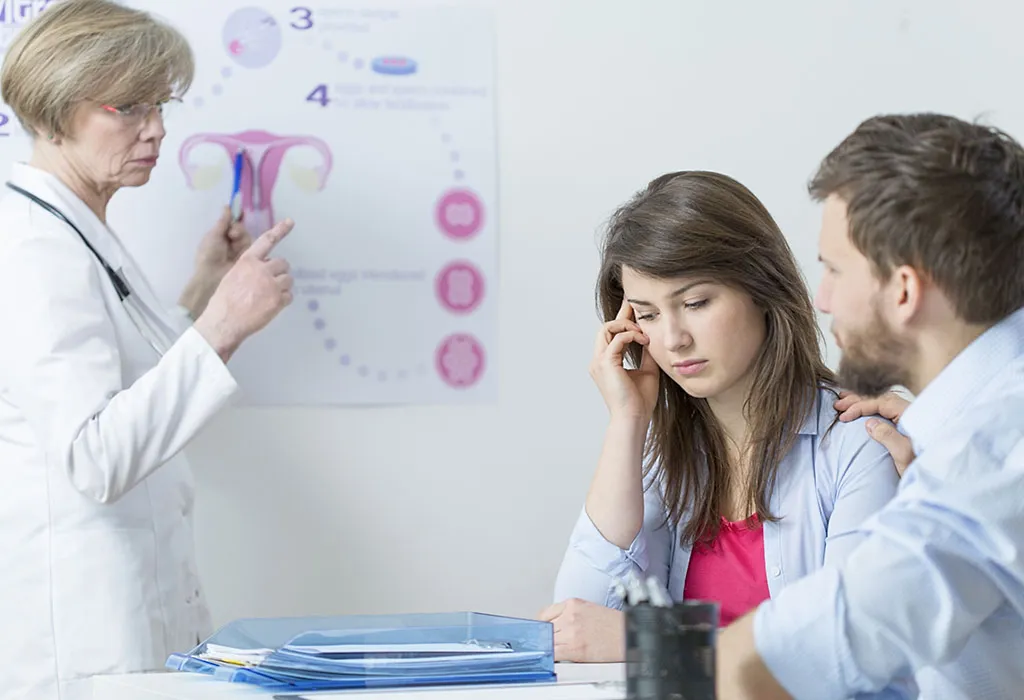
If you are not ready to get pregnant even in your late 30s, don’t worry. Thanks to medical advancements, you can freeze your eggs up until age 40 and have a good chance of pregnancy even in your mid-40s.
Pros and Cons of Conceiving in Your 30s
If you are considering putting off your decision to start a family, you may wonder ‘is it harder to get pregnant in your 30s’ here are some facts that may help you make an informed decision:
Pros
The pros of having a baby after age 30 include the following:
-
Financial Stability – This is perhaps the biggest reason why women choose to have children in their 30s. Most women are settled in their careers in 30s. In your 30s, you will be older, wiser, capable of saving money and making better financial decisions. Expensive baby items, diapers, nannies won’t make you break out in a sweat.
-
Relationship Stability – By the time you are in your 30s, chances are, you will be in a stable, healthy relationship. Most women prefer to wait for a couple of years after marriage to get to know their husbands and discover themselves. Just think how stressful the initial few years of marriage would be with its difficulties and adjustments and throw a baby in the mix! Too much to handle, right?
-
More Experienced – Just think back to what you were when you were 23. Barely more mature than a child! By the time you are in your 30s, you will have travelled, worked, lived and gained more experience. You will be wiser, calmer and can provide more support for your child.
-
Having a Support Group – If you have a baby at 25, chances are you will be the only mom among your friends as most women wait to get pregnant until they turn 30 or something. You will find yourself running to your parents or to other much older women for advice. When you have a baby in your 30s, your support group will consist mostly of same-aged and like-minded mothers.
-
You’ll Look and Feel Younger – Most mothers admit that having children made them age faster. If you are having a baby at twenty-four then by the time you are 30 years old, you will have a 6-year old on your hands. Most of your friends will just start having babies making them appear much younger.
-
Understanding Your Body – As you get older, the better you get at caring for your body and understanding what it needs. This will help you nourish your baby and stay healthy during pregnancy.
Cons
Although the pros might convince you to have a baby after age 30, there may be certain tough situations you will have to deal with. It is better to bear these in mind so that you are prepared for them and can manage them properly. Here are some common pregnancy complications after age 30:
-
Take Longer to Conceive – After age 30, some women may find it difficult to conceive. It is majorly because ovulation becomes more erratic as the female body matures. The number of eggs goes down considerably, and the quality of eggs released also starts diminishing. All these factors result in infertility, which makes it harder for conceiving in your thirties.
-
Lifestyle Diseases – As you grow older, many medical problems such as thyroid, diabetes, obesity, and high blood pressure start to creep in and affect you and your baby’s health. These conditions increase the risk of premature delivery.
-
Develop Pregnancy Complications – You are at a higher risk of developing gestational diabetes or high blood pressure during pregnancy. You will need to follow a strict diet plan, exercise, and visit your gynaecologist.
-
Need for a C-section – Pregnancy complications in the 30s also include problems such as difficult labour and sustained labour pain because of the following issues:
- The cervix isn’t opening properly.
- The baby movements are not right.
- The contractions are not powerful enough to get the baby out.
-
Health of Your Baby – A pregnancy in the 30s puts the baby’s health at a greater risk. Babies born to older women often run the risk of acquiring genetic problems like Down’s syndrome or a spinal cord defect. Gynaecologists conduct prenatal tests like amniocentesis and regular ultrasounds to make sure that the baby is healthy.
-
Changes in Lifestyle – As you get older, taking care of your baby gets harder. You may also be used to a certain lifestyle which may require changes. This gets tougher in pregnancy in late 30s and more.
Things You Must Do While Planning to Get Pregnant in Your 30s
Below are a few tips on preparing for pregnancy in your 30s:
-
Go Off the Pill: This one is most obvious. If you have been on contraceptive pills, stop using it for a couple of months before you start trying to get pregnant.
-
Stop Smoking/ Drinking: Avoid smoking and drinking while trying to conceive. Ask your partner to cut down on smoking and drinking as it can lower sperm count in men. Some lifestyle changes are much required for a healthy pregnancy and for a healthy baby.
-
Exercise: Exercise is highly recommended to you if you are planning to get pregnant in your 30s. It will not only help you lose weight if you are on the heavier side, but it will also raise your fitness levels, making it easier for you to get pregnant. For beginners, we recommend yoga. Upon conceiving, you may enrol in exercise classes for pregnant women to make sure you are healthy enough to bear the child and lower any chances of pregnancy complications.
-
Manage Your Stress: After a certain point in life, there is no running away from stress. If you are trying to get pregnant and are in your 30s, several factors might raise the stress levels and take a toll on your body. They might delay your pregnancy or develop pregnancy-related complications. It is, therefore, very important to manage physical and mental stress. You may seek help from your husband or family to take care of some of your tasks so that you can rest or exercise a little. Also, do not forget to meditate as it helps calm jittery nerves and make better decisions.
-
Visit Your Doctor: Many experts recommend visiting a gynaecologist before you start trying to get pregnant to rule out any chronic illness like asthma or diabetes. After pregnancy, regular check-ups will help monitor you and your baby’s health, and address any medical problems immediately.
-
Be Careful About Medicines: If you take medicines for existing medical conditions, be sure to consult your doctor as many medicines are not suitable for pregnant women. You may complete the dosage, or ask the doctor to prescribe alternative medicines that will not affect your pregnancy. Self-medication is also a big no-no.
-
Maintain a Healthy Diet: Don’t forget to eat healthy foods. Ensure your diet includes all the nutrients required by your body for a healthy pregnancy and childbirth. So, eat fresh fruits, vegetables, and drink lots of water.
Other Facts Related to Pregnancy in the 30s
Other than the factors mentioned above, here are some facts regarding getting pregnant in the 30s that you must know. These may or may not help you get pregnant after age 30, but it is always good to be informed.
1. Sexual Positions Don’t Affect Your Chances of Conception
It’s true! You may think that a certain sexual position may help you get pregnant faster, but that’s not true. No study can confirm that a particular position is better than the other in achieving pregnancy.

2. Men Play an Important Part Too
The age of the father also affects the time it takes to conceive. About 15% of men beyond 35 fail to impregnate their wives after a year of trying. But leading a healthy lifestyle can help a couple get pregnant faster.

3. Miscarriages Are More Common Than You Think
Around 30% of all pregnancies end in miscarriage. Unfortunately, due to the taboo associated with it, very few people talk about it openly.
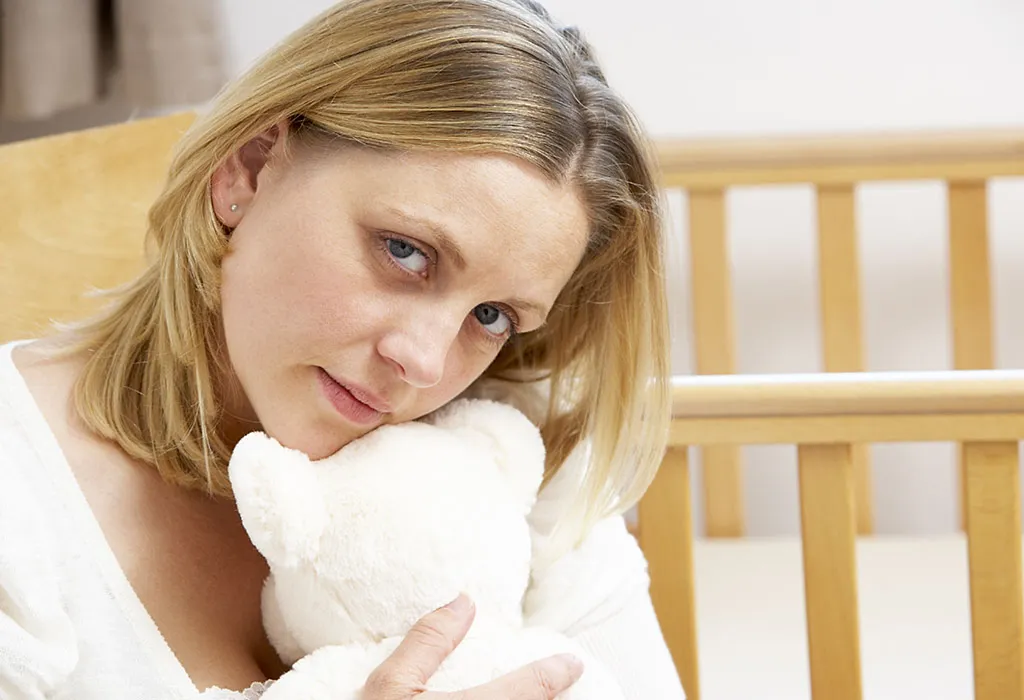
When to See a Doctor?
If you are trying to get pregnant in your 30s, here are some instances in which you should you should consult a doctor:
- If you are under 35 and have been trying to conceive for more than a year.
- If you have any pre-existing conditions such as endometriosis or PCOD.
- If you are over 35 and have been trying to conceive for more than 6 months.
- You have had difficulty conceiving or had miscarriages in the past.
FAQs
1. Is It Possible to Have a Normal Delivery in Your 30s?
Yes, it is indeed safely possible to have a normal delivery during your 30s if no risks have been determined by the doctor. Make sure you consult your doctor and ensure all your check-ups occur on time.
2. What Is the Safest Age to Get Pregnant?
The safest time to get pregnant is in your mid to late twenties and even early thirties if you are healthy. However, it also depends on any pre-existing conditions and lifestyle habits.
Don’t fret if you are not ready to have a child in your 20s. Remember, medical science has advanced tremendously, and most women are giving birth to happy, healthy babies in their 30s and even mid-forties. If you take care of your health, eat right and exercise regularly, you can have a happy pregnancy and a healthy baby even in your 30s.
References/Resources:
1. How to Have a Healthy Pregnancy After 35; Cleveland Clinic; https://health.clevelandclinic.org/pregnancy-after-35/; October 2021
2. Pregnancy after 35: Healthy pregnancies, healthy babies; Mayo Clinic; https://www.mayoclinic.org/healthy-lifestyle/getting-pregnant/in-depth/pregnancy/art-20045756; July 2022
3. Advanced Maternal Age; Cleveland Clinic; https://my.clevelandclinic.org/health/diseases/22438-advanced-maternal-age; February 2022
4. Pregnancy; Medline Plus; https://medlineplus.gov/pregnancy.html
5. Female fertility: Why lifestyle choices count; Mayo Clinic; https://www.mayoclinic.org/healthy-lifestyle/getting-pregnant/in-depth/female-fertility/art-20045887; December 2022
Also Read:



